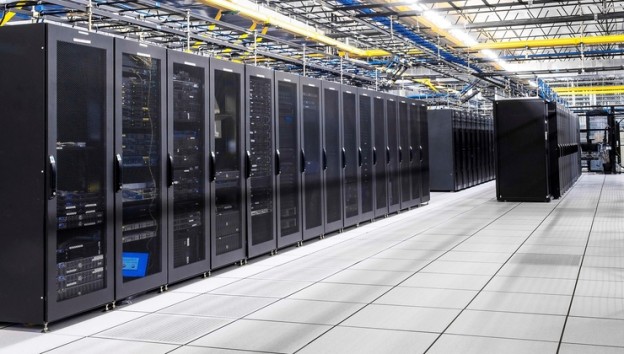In the rapidly expanding digital economy of Thailand, data centres form the backbone of countless industries. From banking and e-commerce to government services and telecommunications, the continuous operation of these facilities is essential. A momentary power outage can lead to significant data loss, service disruption, and financial damage. This highlights the importance of a robust power management strategy, with the uninterruptible power system (UPS) at its core.
A UPS is a device that provides emergency power to a load when the main power source fails. It ensures a seamless transition from the primary utility feed to a backup power source, protecting sensitive equipment from electrical disturbances. For a data centre, an uninterruptible power system is not just a backup battery; it is a fundamental component for maintaining uptime and data integrity. It conditions incoming power, filtering out surges, sags, and other fluctuations that can damage servers and storage arrays.
The tropical climate in Thailand presents unique challenges. Frequent thunderstorms and an ageing power grid in some areas can lead to unpredictable power quality. For data centres located here, a reliable UPS is indispensable. It acts as the first line of defence, providing the clean, stable electricity that sophisticated IT equipment demands. This immediate power protection gives backup generators the time needed to start up and stabilise during a prolonged outage, ensuring services remain online without interruption.
Beyond just providing backup power, modern UPS solutions contribute significantly to a data centre’s overall efficiency. Advanced systems offer high operating efficiency, which reduces energy consumption and cooling requirements. This is particularly beneficial in Thailand’s warm climate, where cooling can account for a substantial portion of a data centre’s operational expenses. By selecting an efficient UPS, operators can lower their Power Usage Effectiveness (PUE) ratio, a standard measure of data centre energy efficiency. Lowering the PUE means a greener, more cost-effective operation.
Furthermore, today’s UPS technologies come with sophisticated monitoring and management software. This allows facility managers to oversee power conditions in real-time, anticipate potential issues, and perform proactive maintenance. They can monitor battery health, load levels, and energy consumption from a central dashboard. This capability is vital for managing the complex power environments of large-scale data centres. It enables a strategic approach to power management, helping to prevent downtime before it happens and ensuring the facility runs smoothly.
In summary, the function of a UPS in a modern data centre extends far beyond simple power backup. It is a foundational element that ensures operational continuity, protects valuable equipment, and enhances energy efficiency. For Thailand’s growing digital infrastructure, investing in dependable UPS technology is a fundamental step toward building resilient and successful data centre operations.







